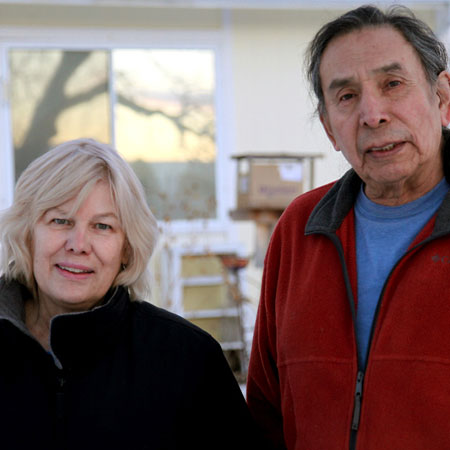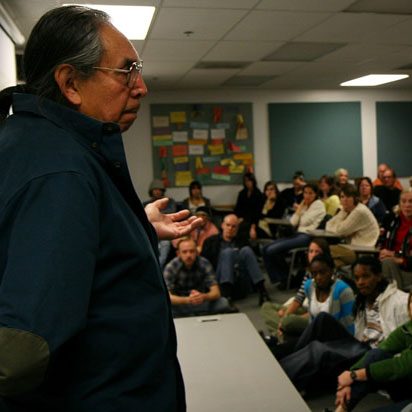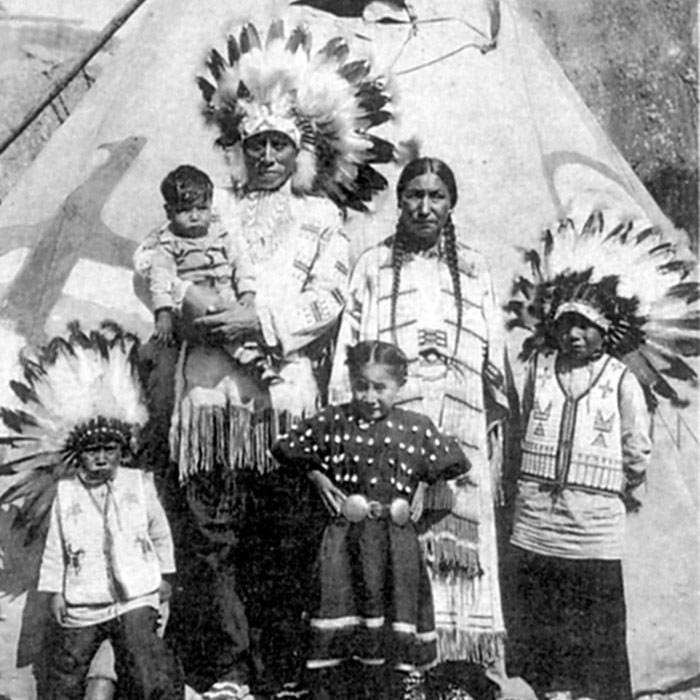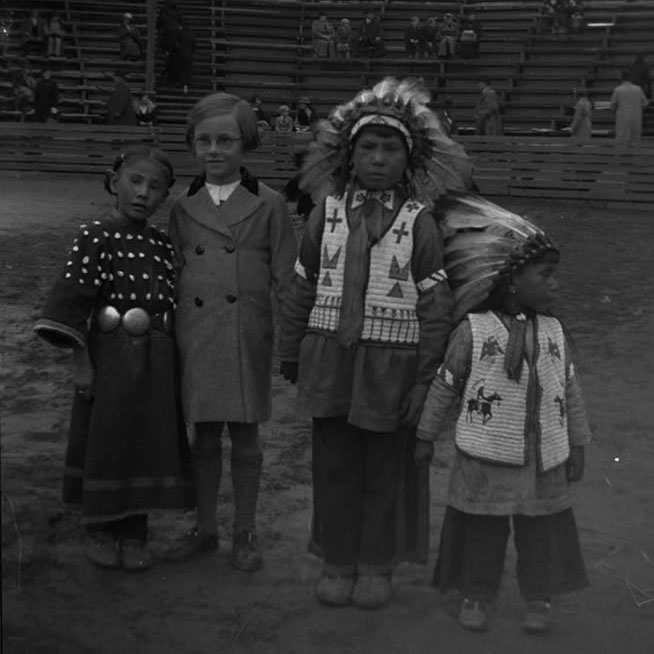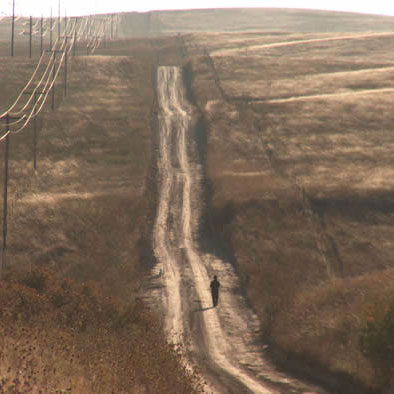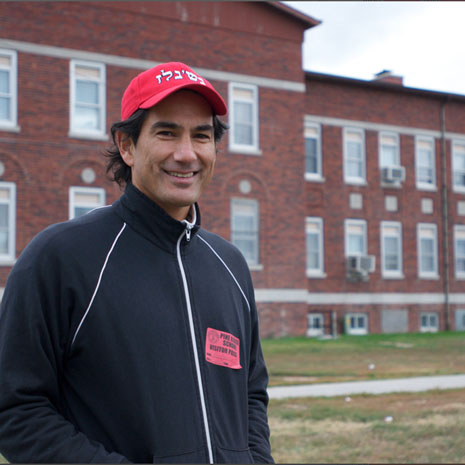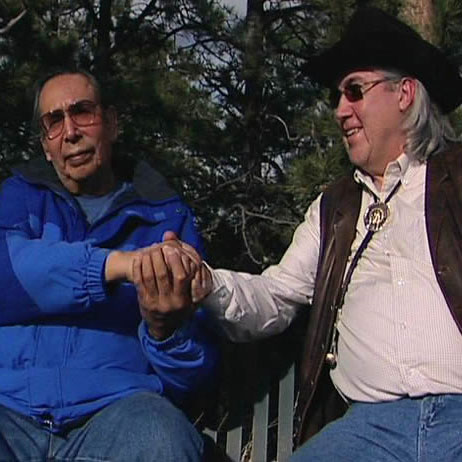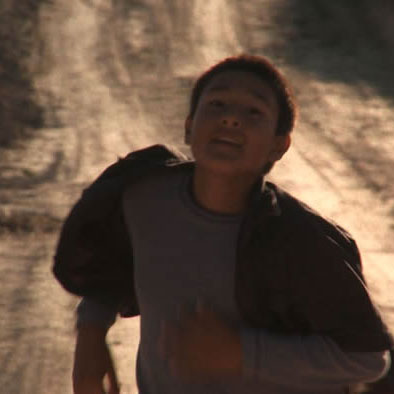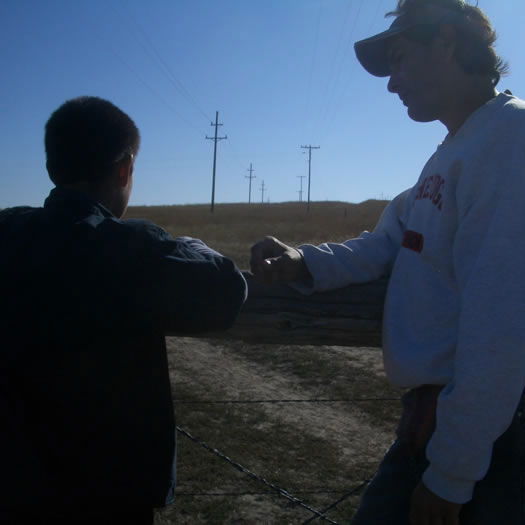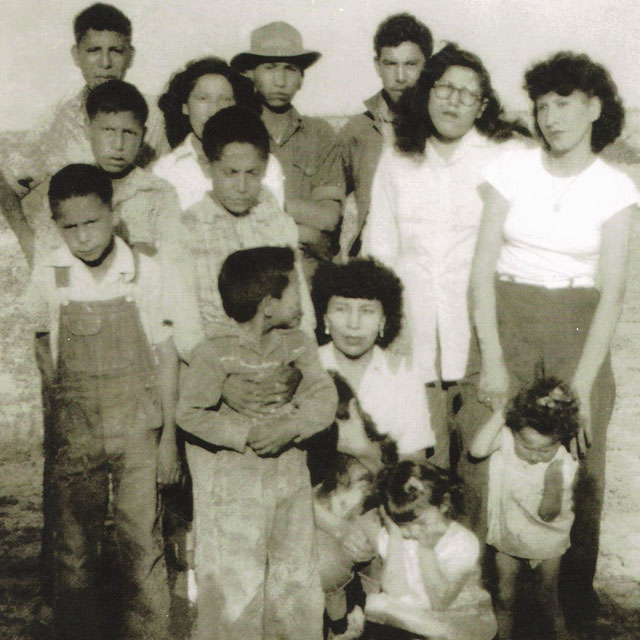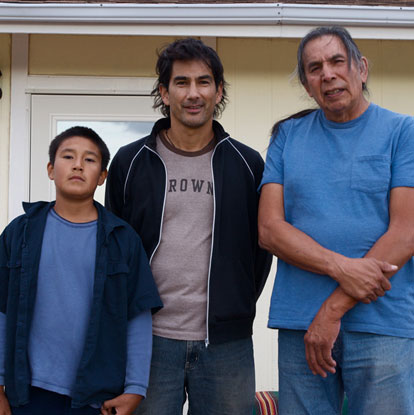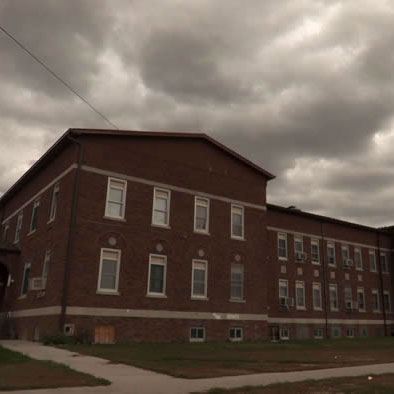Note:
• Orders can be placed from anywhere in the world
• The film is closed captioned and the DVD includes Spanish subtitles
• Study guide available for download
here
UNIVERSITIES, LIBRARIES, NON-PROFIT ORGANIZATIONS
• DVD and Streaming from New Day Films
• Streaming via Kanopy
BIOS
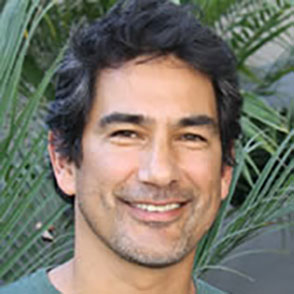 Randy Vasquez
Randy Vasquez (Director/Producer)
Randy Vasquez grew up on the beaches of southern California and in the mountains of North Carolina. He has been an actor since 1983. His first documentary, made in 1996 was Concert of the South, which contrasted the original Zapatista movement during the Mexican Revolution with the current one in Chiapas. Testimony: The Maria Guardado Story (2001) was his first feature documentary that traces the journey of a Salvadoran political activist from being kidnapped and tortured by death squads in 1980 to her immigrating to the US in 1983. It won best documentary at the 2002 New York Latino Film Festival. Randy and Maria continue to tour with the film at universities around the country today. Randy is a UCLA graduate with a BA in American Indian Studies.
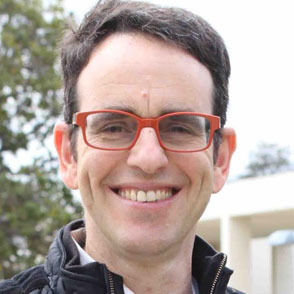 Jonathan Skurnik
Jonathan Skurnik (Producer)
Jonathan has produced, directed and shot numerous award-winning documentaries. Past projects include: “The Youth & Gender Media Project,” a series of short docs about gender non-conforming youth that have screened at festivals worldwide and won the Audience Award at Outfest; “The Elevator Operator,” a documentary about a Ukrainian immigrant who runs a manual elevator in Manhattan. It has screened at the Museum of Modern Art in New York, won Best Documentary at the Urban TV film festival in Madrid and had its broadcast premiere on PBS and Ukrainian TV; the award-winning “Spit It Out” which was broadcast on PBS in 2007; and “A Day’s Work, A Day’s Pay” which won the prestigious Harry Chapin award for films about hunger and poverty and was broadcast on PBS and in Europe in 2002.
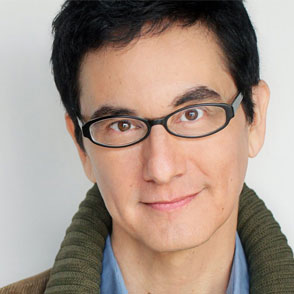 Brian Westcott
Brian Westcott (Athabascan/Yup’ik – Executive Producer)
Brian Wescott (Athabascan/Yup’ik) was born and raised in Alaska, where he heard harrowing stories about his mother barely evading BIA boarding school. (One time her auntie had to hide her under a staircase and chase a social worker out with a broom.) He recently Exec. Produced “American Indian Actors” for the SAG Presiden’t National Task Force for American Indians, a committee for which he is co-vice-chair. He also joined the WGA with a proposed four-hour series on modern Native history with a trickster host, to be directed by Chris Eyre. He co-produced and appears in “Christmas in the Clouds”, the first feature comedy set in Indian country, and he also co-produced the award-winning short “Ancestor Eyes” directed by Kalani Queypo and starring Tantoo Cardinal.
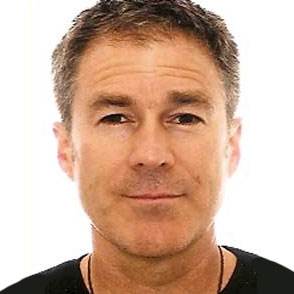 Paul Freedman
Paul Freedman (Editor/Writer)
Paul Freedman is a Peabody award-winning and Emmy nominated filmmaker. Paul’s first documentary role came as editor on a film about minor league baseball. Since then, his love of the documentary form has led him to win numerous awards covering a vast array of subjects around the globe. His film “Halfway Home”—narrated by Martin Sheen—profiles servicemen and women who are struggling to readjust to life away from combat. His film, “Sand and Sorrow”, was shot on location in Darfur, Sudan and aired on HBO. The acclaimed doc chronicled the international community’s legacy of failure to respond to genocide and featured Elie Wiesel and Barak Obama. George Clooney narrated.
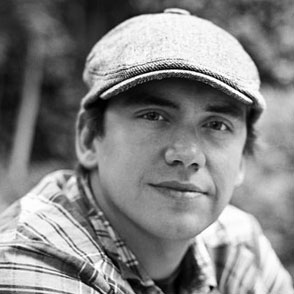 Kahlil Hudson
Kahlil Hudson (Tlingit – Director of Photography)
Kahlil is a Native Alaskan filmmaker and cinematographer. Kahlil served as a Peace Corps volunteer in Benin, West Africa. His recent clients include: Showtime, Discovery, History Channel, MTV, Yahoo!, Nikon Cameras, Telemundo, Interscope Records, MSNBC, Starz, and PBS.He shot the feature film “Kumare” which won the Audience Award at the 2011 SXSW Film Festival. Kahlil received his MFA in Film from UCLA and currently resides in Denver, Colorado with his wife, Mikiko and daughter Violet Sol.
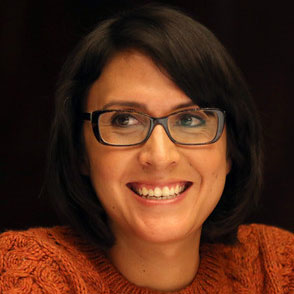 Sydney Freeland
Sydney Freeland (Navajo – Assistant Editor)
Sydney was born and raised in New Mexico. She is a recipient of the following awards: 2010 Sundance Director’s lab, 2010 George and Dolores Eccles Directing Fellow, 2010 Sundance Screenwriter’s Lab, 2009 Sundance Native American Lab, 2008 Disney Fellowship semi-finalist, and a 2007 Disney Scholarship. She has an MFA in Film and a BFA in Computer Animation. Sydney also received a Fulbright scholarship in 2004 for a field study of Indigenous peoples in Ecuador. She currently lives and works between Los Angeles and New Mexico.
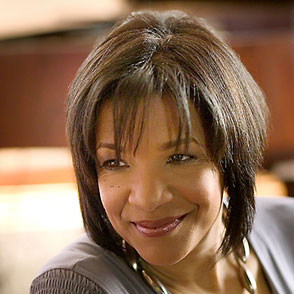 Kathryn Bostic
Kathryn Bostic (Composer)
Kathryn has written music for numerous film, TV and theater productions. She is a recipient of the prestigious Sundance Fellowship for Filmscoring and a Film Independent Project Involve Honoree. She has worked on a variety of documentaries including her work with award winning filmmaker Stanley Nelson for the PBS American Experience feature “Marcus Garvey” and Independent Lens “A Place of Our Own.” She recently received a Drama Desk nomination for “Outstanding Music in a Play” for her score in the Broadway hit “Bengal Tiger at the Baghdad Zoo” starring Robin Williams. Kathryn is an accomplished singer-songwriter and has toured and/or recorded with a variety of artists including k.d. lang, Ryuichi Sakamoto, Nas, and David Byrne. For more information visit kathrynbostic.com.
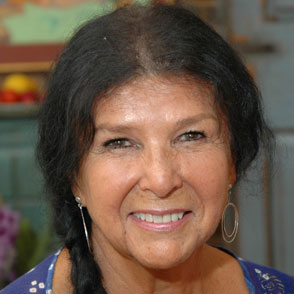 Alanis Obomsawin
Alanis Obomsawin (Abenaki – Advisor)
Alanis Obomsawin, a member of the Abenaki Nation, is one of Canada’s most distinguished documentary filmmakers. Obomsawin has made over 30 uncompromising documentaries on issues affecting Aboriginal people in Canada. In March 2001, Obomsawin received the Governor General’s Award in Visual and Media Arts. An Officer of the Order of Canada, Obomsawin’s many honors also include the International Documentary Association’s Pioneer Award, the Toronto Women in Film and Television’s (TWIFT) Outstanding Achievement Award in Direction, the Canadian Native Arts Foundation National Aboriginal Achievement Award, and the Outstanding Contributions Award from the Canadian Sociology and Anthropology Association (CSAA).
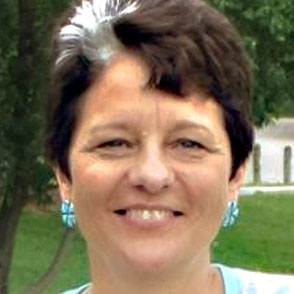 K. Tsianina Lomawaima
K. Tsianina Lomawaima (Abenaki – Advisor)
K. Tsianina Lomawaima (Muskogee/Creek) is Head & Professor of American Indian Studies at the University of Arizona. Prof. Lomawaima earned her graduate degrees (M.A. and Ph.D.) in anthropology from Stanford University, where she was a Ford Fellow & a Dorothy Danforth Compton fellow. In 1988, she was hired as an Assistant Professor in the Anthropology Dept./American Indian Studies Center at University of Washington, Seattle, where she taught for six years and was tenured.
 Johanna R. Gorelick, Ph.D.
Johanna R. Gorelick, Ph.D. (Advisor)
Johanna Gorelick is the Manager of Educational Services at the National Museum of the American Indian. She has been an Adjunct Professor in the Department of Anthropology at Fordham University and Lehman College of the City University of New York, a Scholar-in-Residence for the National Endowment for the Humanities, and has served as Vice-President for the NYC Museum Educators Roundtable. Between 1998 until 2005 Dr. Gorelick was co-author of the children’s column for American Indian, a quarterly publication of the Smithsonian. She earned her B.A. in Art History from Vassar College and M.A. and Ph.D. in Anthropology from the City University of New York.
 Stephen A. Colmant, Ph.D.
Stephen A. Colmant, Ph.D. (Advisor)
Stephen A. Colmant is a licensed psychologist with the Eastern Band of Cherokee Indians, Health and Medical Division. He earned his Ph.D. in counseling psychology from Oklahoma State University. His experience with Indian boarding schools began with working as a mental health professional in a children’s residential treatment center on the Navajo Nation. He went on to lead a multi-member research team within Oklahoma State University and the University of Oklahoma to investigate trauma with survivors of Indian boarding schools. Dr. Colmant often lectures on Indian boarding school issues at the national and international level and frequently serves as expert reviewer on Indian boarding school research for the Journal of American Indian Education.
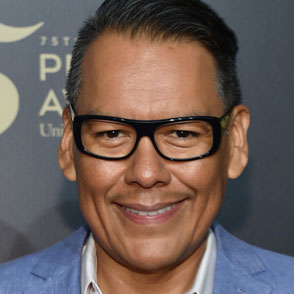 N. Bird Runningwater
N. Bird Runningwater (Cheyenne/Mescalero Apache – Advisor)
N. Bird Runningwater served as a creative consultant for PBS’s We Shall Remain, the most ambitious primetime television series on Native history ever produced. He heads the Native American Program at the Sundance Institute and serves as a programmer for the Sundance Film Festival. Runningwater is on the board of directors of VisionMaker Media, advises the First Peoples Fund’s Community Spirit Arts Awards and serves on the National Editorial Board for YES! A Journal of Positive Futures. Before joining the Sundance Institute, Runningwater served as the executive director of the Fund of the Four Directions, a private philanthropy, and was chairman of the board for Native Americans in Philanthropy.
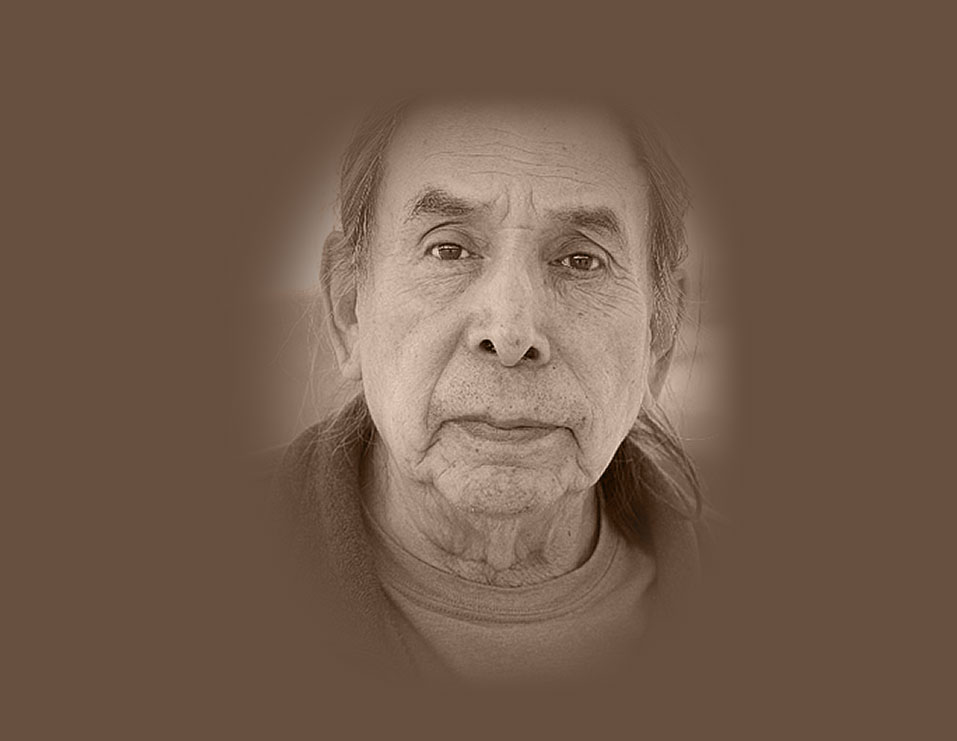
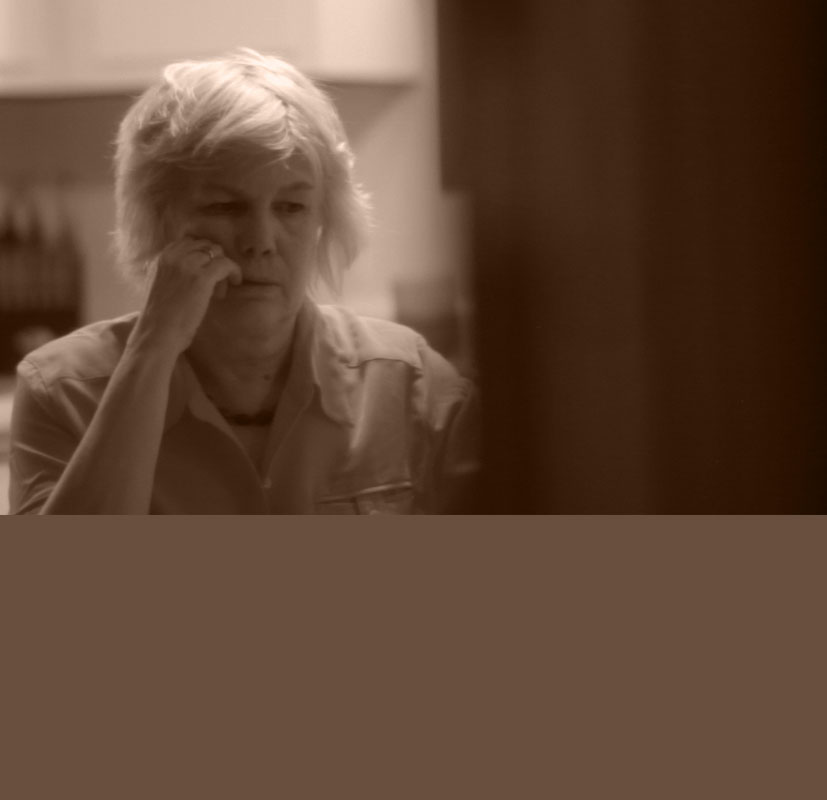
 Randy Vasquez (Director/Producer)
Randy Vasquez (Director/Producer) Jonathan Skurnik (Producer)
Jonathan Skurnik (Producer) Brian Westcott (Athabascan/Yup’ik – Executive Producer)
Brian Westcott (Athabascan/Yup’ik – Executive Producer) Paul Freedman (Editor/Writer)
Paul Freedman (Editor/Writer) Kahlil Hudson (Tlingit – Director of Photography)
Kahlil Hudson (Tlingit – Director of Photography) Sydney Freeland (Navajo – Assistant Editor)
Sydney Freeland (Navajo – Assistant Editor) Kathryn Bostic (Composer)
Kathryn Bostic (Composer) Alanis Obomsawin (Abenaki – Advisor)
Alanis Obomsawin (Abenaki – Advisor) K. Tsianina Lomawaima (Abenaki – Advisor)
K. Tsianina Lomawaima (Abenaki – Advisor) Johanna R. Gorelick, Ph.D. (Advisor)
Johanna R. Gorelick, Ph.D. (Advisor) N. Bird Runningwater (Cheyenne/Mescalero Apache – Advisor)
N. Bird Runningwater (Cheyenne/Mescalero Apache – Advisor)